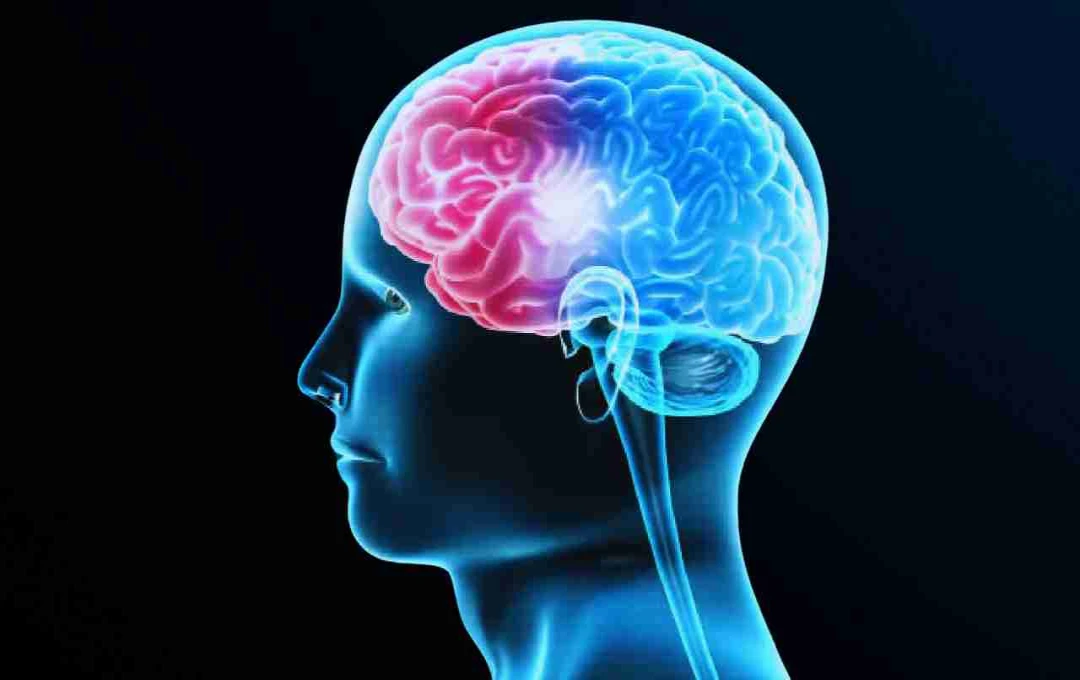A concerning rise in brain tumor cases is being observed in India. The most significant worry, however, is that most individuals ignore the initial symptoms, dismissing them as common headaches, fatigue, or mild vision problems. Consequently, by the time a brain tumor is detected, it is often in an advanced stage, making treatment considerably more complex.
What is a Brain Tumor?
A brain tumor is the result of abnormal cell growth in the brain, forming a lump or mass that can disrupt brain function. This tumor can be benign (non-cancerous) or malignant (cancerous). Sometimes, cancer originating in other parts of the body spreads to the brain, known as a secondary brain tumor or metastatic brain tumor.
Key Brain Tumor Symptoms Often Ignored
1. Persistent Headaches Worsening Over Time

Persistent headaches are the most common, yet often overlooked, symptom of a brain tumor. This pain differs from ordinary headaches:
- More intense in the mornings
- Intensifies when bending, coughing, or sneezing
- Pain killers provide no relief
- Slight relief after vomiting
Daily headaches exhibiting these characteristics may indicate a brain tumor, not a simple migraine.
2. Seizures or Epilepsy-like Episodes
According to Dr. Ajay Chaudhary, seizures are a common symptom of brain tumors. These can occur suddenly, even in individuals with no prior history of epilepsy. If a cancer patient experiences seizures, immediate brain examination is crucial.
3. Weakness or Numbness on One Side of the Body
A brain tumor's impact on the body depends on the affected brain region. For instance, a tumor in the right brain hemisphere may cause weakness, numbness, or even paralysis on the left side of the body.
4. Blurred Vision or Sudden Vision Loss

If a brain tumor affects the occipital lobe (the area responsible for vision), vision problems such as blurred vision, monocular blindness, or double vision may occur.
5. Difficulty Speaking or Forgetting Words
Sometimes, a brain tumor impacts the language processing areas of the brain. This can lead to difficulties speaking, word-finding problems, or general confusion.
6. Vomiting and Nausea, Especially in the Mornings
Tumors increase intracranial pressure, causing nausea and vomiting. Daily morning vomiting followed by headache relief is a serious warning sign.
When to Seek Medical Attention?

If any of the above symptoms persist for 1-2 weeks, especially headaches accompanied by vomiting, seizures, weakness, or vision changes, immediately consult a neurologist or neurosurgeon. MRI and CT scans can confirm a brain tumor.
Treatment is Possible with Timely Symptom Recognition
Brain tumor treatment options depend on the tumor's location, size, and whether it is cancerous. Treatment may involve:
- Surgery
- Radiotherapy
- Chemotherapy
- Targeted therapy
Modern medical science offers effective brain tumor treatment, provided it is detected early.
Brain tumors are serious but manageable and detectable with timely recognition. Individuals should not ignore bodily signals and remain vigilant about seemingly minor symptoms like headaches or fatigue, particularly if these persist or worsen over time.















